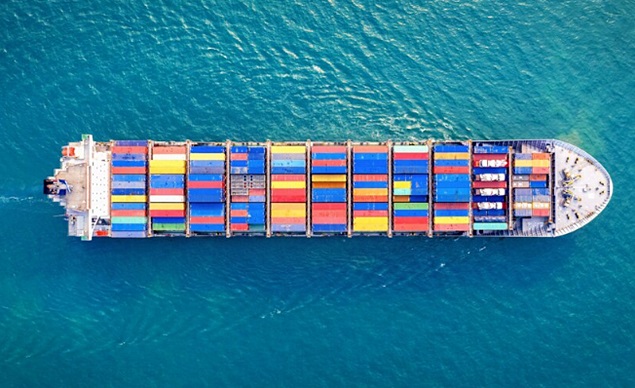1204

Lidl Reinvents Retail Logistics with Private Ocean Fleet
In the midst of a global logistics transformation, Lidl is no longer just a discount retailer. As RetailDetail reports, the company is taking bold steps to become a major logistics player—starting with the sea.
Shielding Against Global Shocks
With investments exceeding €520 million in a fleet of five ultra-large container ships, Lidl is taking control of its maritime freight operations. This strategic move is designed to enhance stability, speed, and technological innovation in sourcing goods from Asia.
Recent crises—such as the Suez Canal blockage, the pandemic, and geopolitical instability—have exposed the fragility of global shipping: volatile freight rates and weeks-long delays.
For Lidl, these disruptions result in missed promotions, stock devaluation, and cost spikes. In response, the company launched Tailwind Shipping Lines, giving it a powerful tool for supply chain resilience and predictability.
Each of the new vessels, with a capacity of 8,400 TEU, will operate on direct routes between China and Europe, initially serving ports in Barcelona, Koper, and Port Kelang. The concept? A streamlined “Panda Express” at sea: fewer stops, optimized routing, and guaranteed transit times.
Cutting-Edge, Sustainable Technology
Unlike previously chartered vessels, Lidl’s new ships are being custom-built at Guangzhou Shipyard International, equipped with dual-fuel LNG engines and compatibility for low-emission fuels. This investment aligns operational efficiency with Lidl’s growing environmental commitments.
Tailwind Shipping Lines, founded in 2022, now operates a fleet of nine vessels, including both owned and chartered ships. Two of the ships are fully owned by Lidl, while the others are under long-term lease. The goal isn’t to build a massive fleet—but rather a smart, agile one, tailored to Lidl’s core logistics mission: removing bottlenecks and ensuring product availability.
A Bold, Yet Calculated Strategy
The €500 million investment in ocean freight capacity cements Lidl’s status as a retail leader—and now, an innovator in logistics. It’s not an isolated move. The company already owns assets across the logistics chain, including recycling firm PreZero and in-house ground transport operations.
This vertical integration reflects a well-defined strategy: securing end-to-end supply chain control, increasing efficiency, and adapting to global uncertainties.





